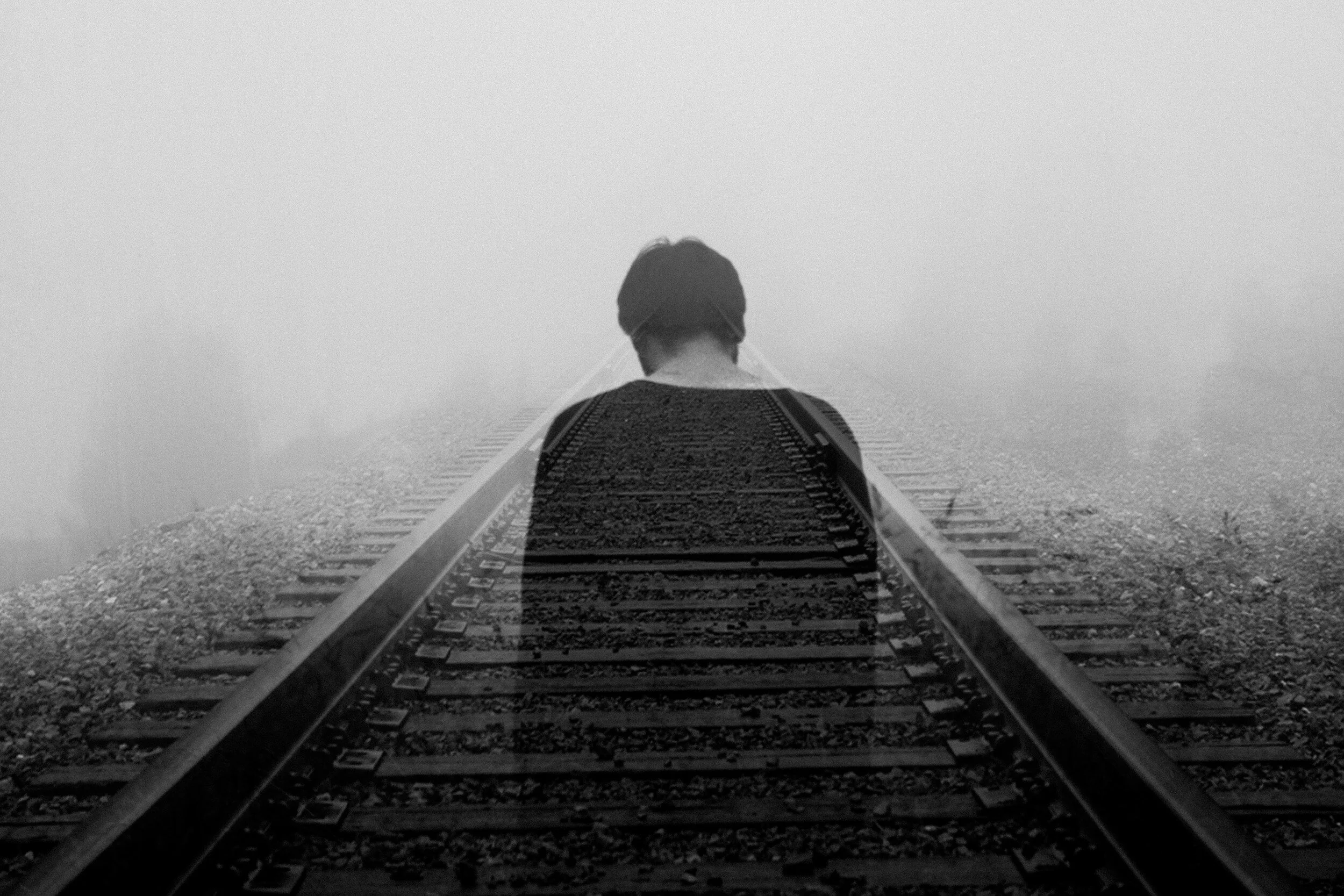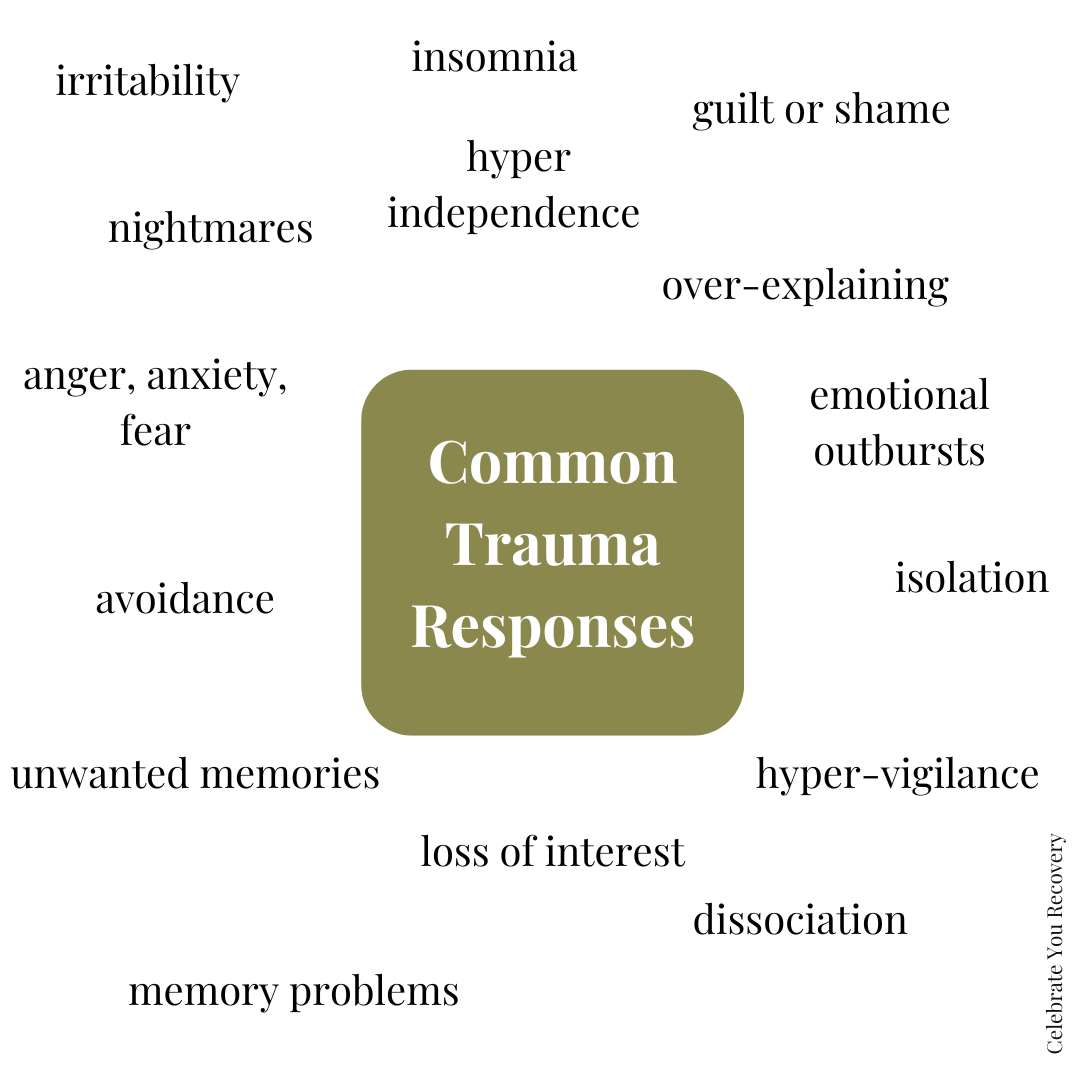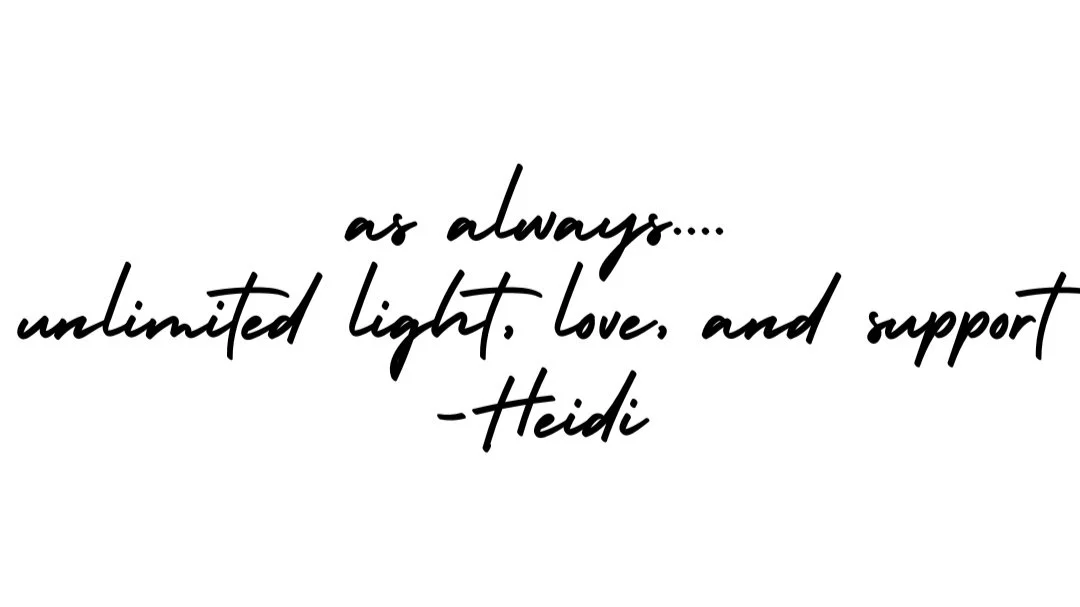Unseen Wounds: The Profound Effects of Suicide
Suicide is a tragic and complex issue that not only claims the life of the individual but leaves a lasting impact on those who are left behind. When someone takes their own life, it creates a ripple effect of pain and sorrow that extends far beyond the individual.
I would know.
After tragically loosing my boyfriend, Nick, this last September, I can confidently label the entire ordeal as the most traumatic thing I’ve ever experienced.
Breaking It Down
Grief and Shock
The immediate aftermath of a loved one's suicide is often characterized by shock, disbelief, and overwhelming grief. The sudden and unexpected loss can leave family and friends struggling to come to terms with the reality of the situation.
Grieving the death of a loved one due to suicide is a unique and complex process, as it involves not only mourning the person but also grappling with questions and guilt.
The emotions tied to his passing, how he passed, mourning the life we had together, and trying to function going about my normal day-to-day life afterwards, has been the most exhausting and life-altering process.
Some days it still doesn’t feel real to me - that he’s really gone and that he won’t be coming back. I’m still working on how to be okay with that.
Guilt and Self-Blame
One of the most challenging aspects of coping with a suicide is the overwhelming sense of guilt and self-blame that close family and loved ones often experience.
They may question if they could have done more, said something different, or intervened in some way to prevent the tragedy. These feelings can be incredibly burdensome and may persist indefinitely.
I still question everything. There is never a moment that passes that he is not on my mind. It’s impossible not to run through all the “What if’s?” I automatically always need somewhere to place the blame. It boomerangs from me, to him, to his trouble with mental health and substances, to his friends, and right back around.
I carry guilt over every action or word spoken on my end - feeling like even though I felt I did my very best to show him love, that it simply was not enough. I mentally punish myself every single day, telling myself that I failed him, and that I didn’t give him what he needed to be okay, and that I wasn’t enough for him to want to stay.
Stigmatization and Isolation
Suicide is often accompanied by stigma and misconceptions that can isolate grieving loved ones. Society's discomfort with discussing suicide can lead to feelings of shame and social isolation. As a result, close family and friends may find themselves unable to openly share their experiences, further compounding their emotional burden.
No one ever knows what to say to console you. I mean what do you really say? I understand that since his passing, others don’t know how to address the situation or discuss it without deeming it very uncomfortable.
I have taken numerous steps to make sure that I have had support in place. I talk to friends and family. I go to counseling. I have attended local monthly Suicide Survivor groups. I created Celebrate You as a way to continue with my own healing and to help others that are facing similar hardships.
I have written an entirely separate article about navigating grief. It provides a very in depth insight to what it’s like to handle heavy emotions, how to support others, and regaining a sense of self after tragedy. Feel free to check it out by clicking here.
Post-Traumatic Stress
The trauma following a loved one’s suicide can lead to post-traumatic stress disorder (PTSD) and other mentally deteriorating aliments among survivors. Flashbacks, nightmares, and severe anxiety can persist long after the event, making it difficult to move forward with their lives.
Since Nicks passing, it’s so hard not to have an automatic response to the trauma. Mentally, in the quiet moments, my mind makes me revisit the day of his passing. I envision myself there watching the course of events unfold. It’s crippling.
The smallest most mundane things can trigger me to spiral into a panic or deep depressive episode. Panic takes over when I am reminded that he is gone, and won’t be coming home.
I’ve adjusted to being in this newfound state of constant fear. I am always bracing myself or anticipating for something awful to occur.
His passing installed a compulsive need to avoid anything and everything that might result in a fatal outcome. I am in constant fear that something awful is going to happen, to my now 6 month old, daughter. From the time she was born, the level of anxiety I have experienced has far outweighed any normal motherly instinct.
His passing restricts me from having any desire to connect with others - especially in a romantic sense. His departure left me certain, that I never want to feel the same way twice.
Increased Risk of Suicide
Tragically, those who lose a loved one to suicide are at a higher risk of experiencing suicidal thoughts or behaviors themselves. The pain and hopelessness they feel can sometimes lead to a vicious cycle that perpetuates the tragedy within the same family or social network.
It’s hard to not want to give up. When the person that you love is wiped away from you, it makes the thought of going on without them unbearable. I have worked hard to push through some really dark moments that have tried to creep in and completely consume me. Especially in the aspect of my recovery. Staying sober, and navigating all of this shit has been a true indicator of my personal strength.
Word of advice: Cut yourself a Goddamn break.
Allow yourself to feel what you feel. It’s all valid. Turn to close friends, family, and counselors for support. That is what they are there for. I can’t tell you how many times I have picked up the phone to call my mom or my sponsor just to talk and have them listen. It helps. I promise.
Disrupted Family Dynamics
Suicide can disrupt family dynamics in profound ways. The loss of a family member can lead to role changes, strained relationships, and sometimes even estrangement among surviving family members. It is a painful and challenging process to rebuild family bonds in the wake of such a tragedy.
Everything changed after Nick left. I was 7 months pregnant when he passed. Every idea that I had of what our future would look like, was taken away. I remain strong, as both of my daughters need me to be.
However, that still doesn’t make the situation any easier. I find myself always wishing he was here to enjoy every milestone and be a part of the memories being made.
Holidays come and there’s always a void in the home or an empty chair at the table. It hasn’t gotten any easier to stomach.
Mental Health Struggles
The emotional toll of suicide on loved ones often results in various mental health struggles, including depression and anxiety. Seeking professional help is essential, but the stigma surrounding mental health care can sometimes deter individuals from getting the support they need.
Complex Grief and Unanswered Questions
Grieving the loss of a loved one to suicide is different from grieving a natural death. Survivors often struggle with complex, conflicting emotions and a sense of unfinished business. They may grapple with unanswered questions and a lack of closure.
It’s a continuous cycle. I never stop thinking about what life would be like if Nick was still here. I always think about what I could have done differently to change what happened. I sit and wonder what the last thing was that was going through his head. I wonder if he is still watching over us.
I’ve gone through every emotion physically possible. I can be crying tears of desperation, begging him to come back. Then, get hit with a wave of frustration and anger, wondering how he could ever do this.
Why would he ever make me feel this way? How could he allow his family to go through this pain? How could he leave everyone? I can go from gleaming with pride and happiness - reminiscing telling an old story of us, right back into a puddle of tears on the floor. Grief and life after this tragedy has been anything but a straight line forward.
The effects of suicide are profound, pervasive, and long-lasting. Coping with the loss to suicide is a uniquely challenging journey, filled with complex emotions and struggles.
It is crucial for society to recognize and support those who are left behind, destigmatize discussions surrounding suicide, and provide resources for healing and recovery. In such a difficult time, compassion, understanding, and professional help can make a significant difference in helping survivors navigate the complex aftermath.
Even in the depths of tragedy, there is hope. The most powerful tribute we can offer those we've lost is to continue on with our own healing journey, to honor their memory by choosing life and embracing the possibility of a brighter tomorrow.
Your life is a precious gift, and the world is better for having you in it. Don’t ever forget that.
If you or anyone you love or care about is struggling, PLEASE reach out, people do care, you are worth. The sun always shines again.
In Loving Memory
Nicholas P. Draszkiewicz
August 26th, 1996 - September 16th, 2023









